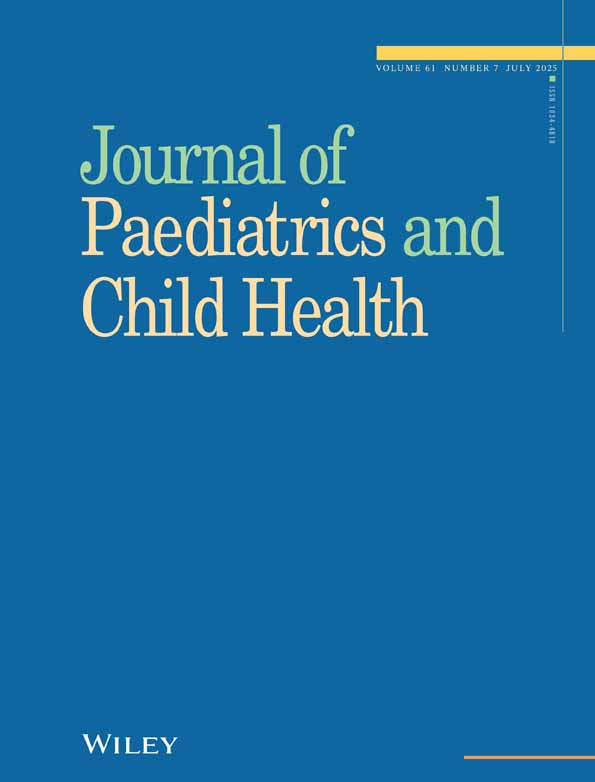Preschool behaviour problems in a multicultural Australian urban area
Abstract
Objective:
This paper reports on a survey of behaviour problems in a sample of 4-year-old preschoolers from the western suburbs of metropolitan Melbourne. This region consists of a diverse multicultural population and families from lower socio-economic status (SES) backgrounds.
Methodology:
Nineteen preschools participated in the study and information was obtained for 743 preschool children (Refer to MS) age=4.7 years). Parents were asked to complete the Preschool Behaviour Questionnaire (PBQ) and additional questions referring to demographic and family information. Teachers were also asked to complete the PBQ on each of the children. Three factors were extracted from the PBQ (anxious–fearful, hostile–aggressive, hyperactive), and also a combined externalising behaviours factor.
Results and Conclusions:
Findings indicated lower levels of behaviour problems in this sample compared to that of other Australian studies. Boys showed higher rates of externalising behaviour problems than girls. The relationships between behaviour problems and language difficulties, ethnicity, and socio-economic status are discussed.




